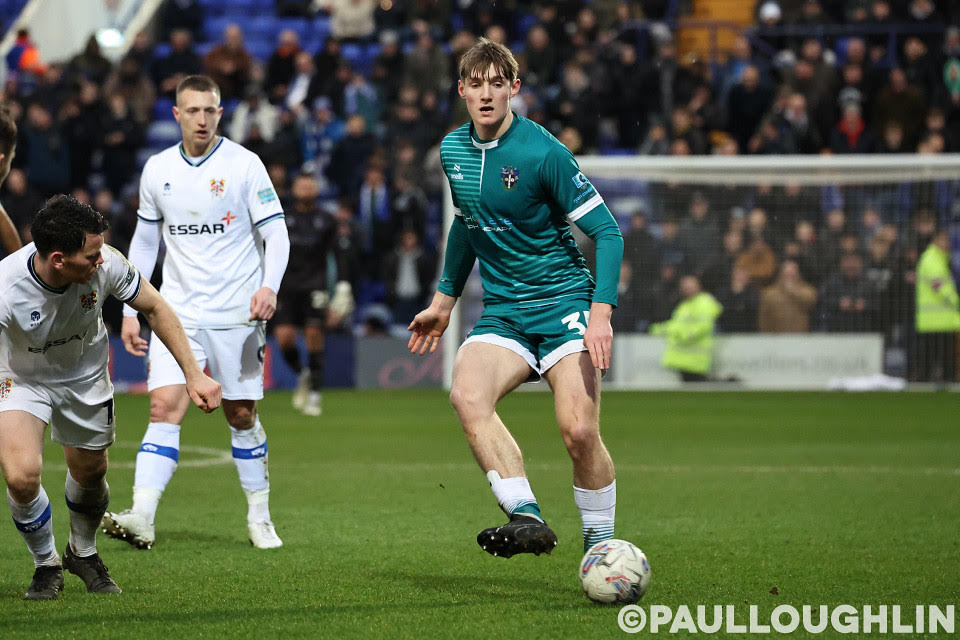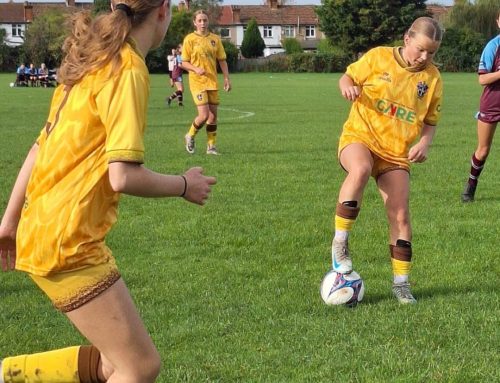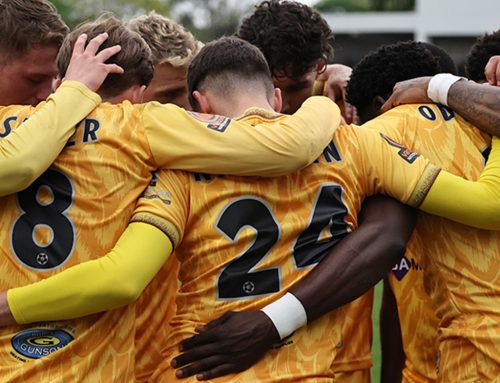From producing players for their own first team, providing opportunities for the best young talent from the Premier League, to helping England and their age group sides to prosper, the latest statistics highlight the crucial role being played by EFL Clubs in creating the next generation of players.
In total those players have made 3,396 appearances, enjoying a total of 213,021 minutes on the pitch. EFL Clubs have also continued to give valuable playing time to young players from Premier League sides, with 200 players having enjoyed a loan spell in the EFL, making 2,278 appearances so far this season.
Many EFL players will now be on international duty with 147 EFL players aged 21 or younger having represented their country at senior or age group level in the 2023/24 campaign, showing how valuable EFL clubs and competitions are to youth development. Of the full England squad named by Gareth Southgate for upcoming friendlies against Brazil and Belgium the players had made 1,815 appearances in the Sky Bet Championship, League One and League Two between them. Twelve players were developed by an academy of a current EFL team, while 17 players made their debuts in EFL competitions.
These results build on 2022/23 which saw EFL Clubs hand debuts to 161 players across the three divisions, with Academy developed players making over 5,000 appearances across the three divisions.
It is something we have experienced here at Sutton United, with Jack Taylor from our academy side being awarded a professional contract in February and making his EFL debut at Tranmere earlier this month (above), while Joden Trickett, Liam Moore and Cameron Sullivan were all included as substitutes in the EFL Trophy this season. Our academy side has also provided all the outfield players for our two games in the Surrey Senior Cup this season, earning victories against Combined Counties League opposition in Epsom & Ewell and Horley and looking forward to a quarter final against Corinthian Casuals next month.
After signing his contract in February, Jack spoke about his development at Sutton United and you can see the interview below
EFL Chief Executive Officer, Trevor Birch, said: “With many top players having started their careers at EFL Clubs and Academies, the EFL is vital to the football pyramid. Developing home grown players not only remains core to the funding model of our Clubs, but fans love nothing more than watching young players compete for their Club reinforcing strong bonds to the local community. Whether they progress through the Academies or are emerging Premier League talent playing in our competitions, the EFL’s continued value lies in providing these players with vital experience at a young age standing them in great stead for their future careers whether that be in the EFL, Premier League or outside the game.”
As well as developing young footballers capable of making it in the professional game the EFL works alongside League Football Education (LFE) who operate the Scholarship programme and oversee all education within EFL Clubs. LFE, who were recently awarded Outstanding in their most recent OFSTED report, are responsible for ensuring that the players receive an education that gives them options for their future whether that is in the game or outside it. The programme has been considered a great success with GCSE attainment of the scholarship players above the national average.
The EFL’s work in Youth Development is led by Head of Youth Development, Darren Wassall, who joined the League in 2023, after 14 years as Academy Director at Derby County. Wassall has created a number of new initiatives during his short time in the role, including the introduction of an Under 10 Futsal competition for Academy Clubs, and said the groundswell of English talent is largely thanks to the 72 Member Clubs.
Wassall said: “The support the EFL and our Clubs provides the national teams in England is evident, from the players now featuring regularly for Gareth Southgate’s senior international side to the success enjoyed by the England’s age group categories. Of Lee Carsley’s side that won the European Under 21 Championships in 2023, 19 of the 23 had come through an EFL academy, enjoyed a loan spell at an EFL Club or were currently playing for an EFL Club. One of the EFL’s main strategic aims is to help create more additional playing opportunities for young homegrown players, and the commitment from EFL Clubs to invest substantially into their own Youth Development remains key.”
Throughout the remainder of the Youth Development Week, the League will celebrate the success stories of young players throughout the leagues up and down the country and the Academies who are shaping the next generation of English football.
To find out more about EFL’s Youth Development, visit www.efl.com/youth-development.

























Leave A Comment
You must be logged in to post a comment.